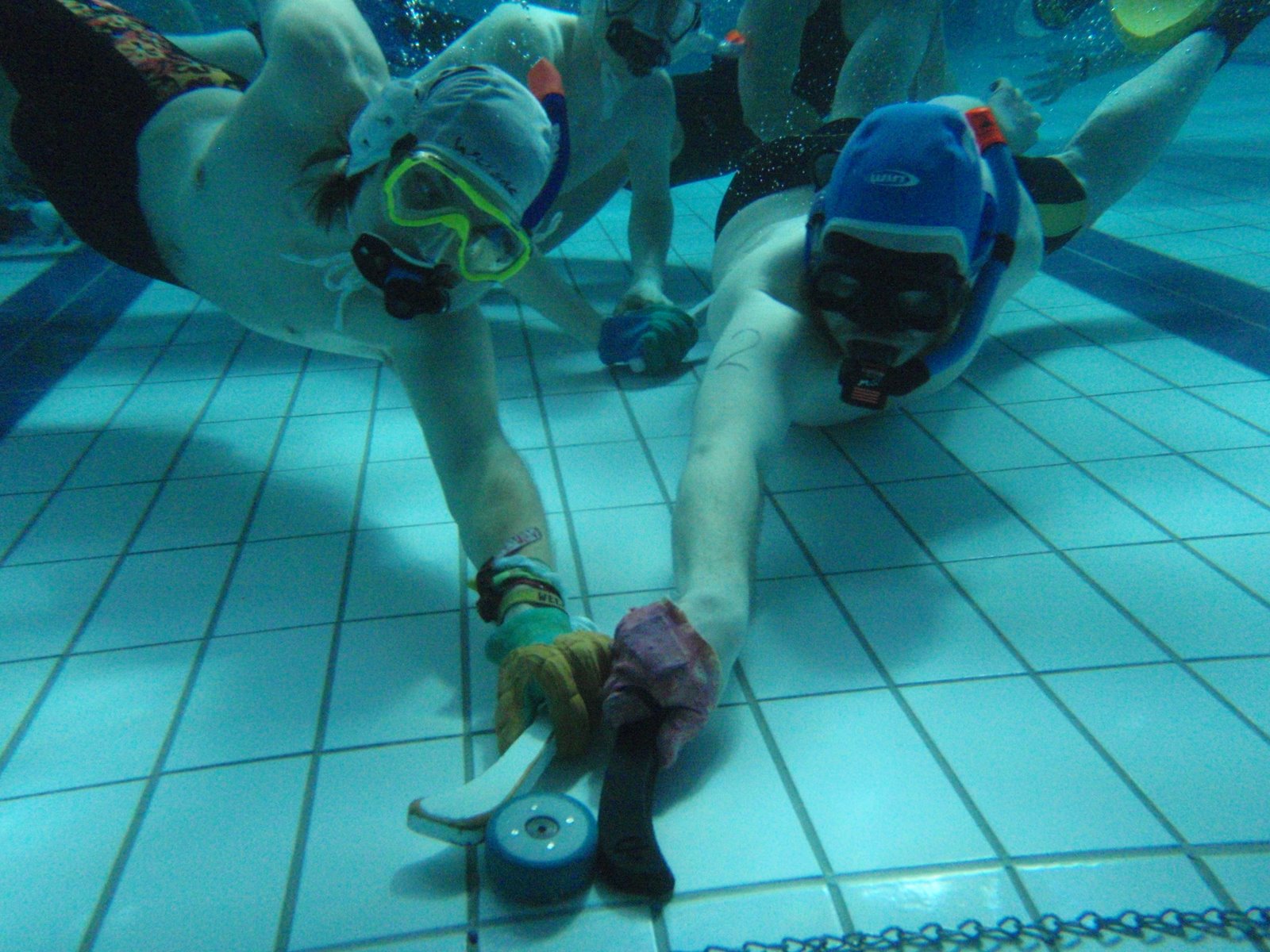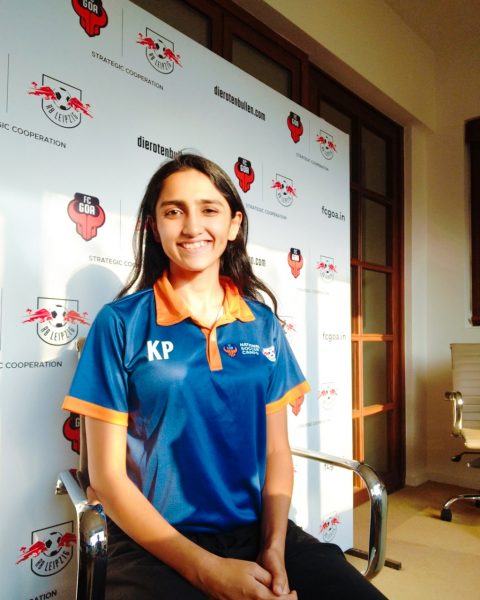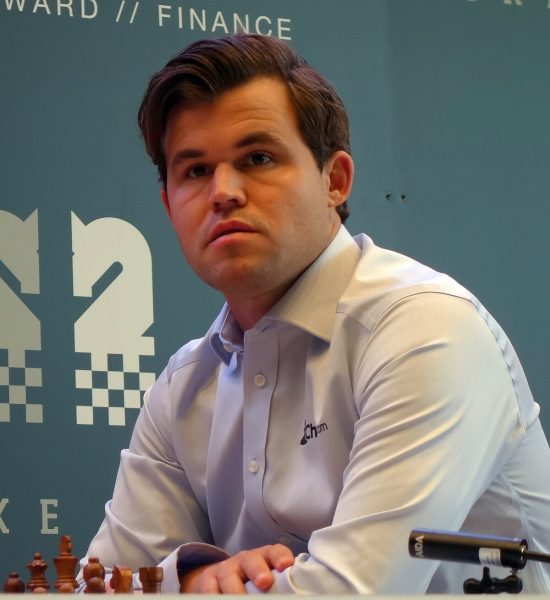In the world of sports, we often celebrate endurance, agility, and mental toughness. But few sports test these qualities in quite the same way as underwater hockey. Known for its physical intensity and unique demands, underwater hockey is a fast-paced sport played at the bottom of a swimming pool, where athletes must not only outmaneuver opponents but also master the art of breath control.
The ability to stay calm under pressure, while holding your breath for extended periods, requires a level of mental toughness that can be daunting even for the most seasoned athletes.
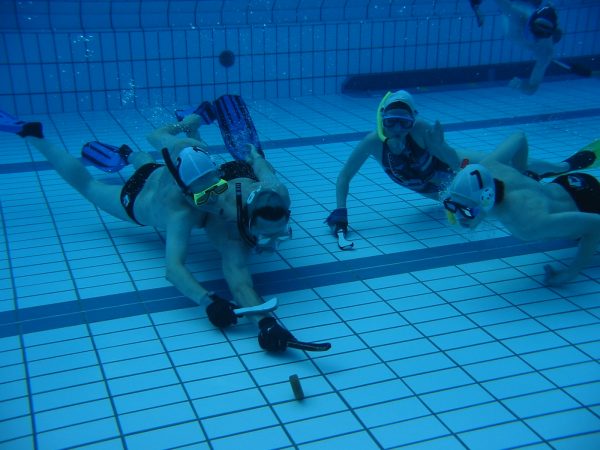
What is Underwater Hockey?
For those unfamiliar with this fascinating sport, underwater hockey, also known as octopush, is a team-based game where players use a short stick to push a puck along the pool floor and score goals. The twist? It all takes place underwater. Players need to dive, maneuver, and strategize in bursts, all while holding their breath. Matches are played with speed and intensity, and success hinges on both physical stamina and an athlete’s mental fortitude.
While it may not be as well-known as other sports, underwater hockey is a grueling test of mind and body. The need to manage physical discomfort and oxygen deprivation while staying laser-focused on the game separates underwater hockey from most other athletic endeavors.
The Mental Toughness of Breath Control
What makes underwater hockey uniquely challenging is the mental toughness required to perform under the constant pressure of limited oxygen. Holding your breath for extended periods while exerting maximum physical effort is no easy feat, and it pushes players to their psychological limits.
The brain is wired to trigger panic when oxygen levels drop, activating the amygdala—the brain’s emotional center. This is a natural survival response to ensure we breathe. In underwater hockey, athletes need to override this instinctive reaction to stay calm and perform while underwater. The key here is training the mind to remain focused and composed, even as the body signals distress. It’s a delicate balance between managing discomfort and maintaining concentration on the game, requiring exceptional mental discipline.
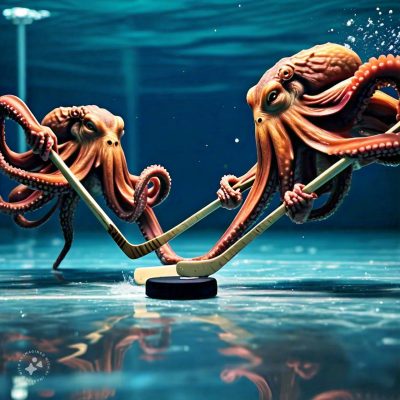
The Neuroscience of Holding Your Breath
From a neuroscience perspective, holding your breath during intense physical activity requires an incredible amount of self-regulation. When the body starts to experience oxygen deprivation, the brain’s prefrontal cortex, responsible for decision-making and rational thinking, can become less efficient as blood flow decreases. This can lead to slower reaction times, clouded judgment, and increased stress levels—none of which are conducive to optimal athletic performance.
Athletes in underwater hockey must therefore train their brains to function efficiently even in a hypoxic state (low oxygen levels). This involves enhancing interoception—the ability to sense internal body signals such as breath control, heartbeat, and muscle tension. By becoming more attuned to these physiological cues, players can better regulate their emotional and physical responses to stress, staying calm and focused despite the mounting pressure of needing to breathe.
The Role of Visualization and Mental Training
Elite athletes in all sports use mental techniques like visualization to prepare for competition, and underwater hockey players are no exception. Visualization helps train the mind to anticipate the physical discomfort of breath-holding while focusing on the strategies required to outplay the competition. Players often mentally rehearse their dives, puck passes, and defensive moves while imagining the sensation of holding their breath and staying calm underwater.
This mental rehearsal activates mirror neurons in the brain—the same neurons that would fire during actual performance. By visualizing game scenarios and their body’s response to being underwater, athletes can strengthen the neural connections that help them stay composed and focused during real competition. Visualization also primes the brain to remain in control, ensuring that the natural panic response to oxygen deprivation is kept in check.

Building Resilience Through Adaptation
A critical aspect of mental toughness in underwater hockey is the ability to adapt quickly. Every dive is different, and players must adjust their strategies on the fly, reacting to the movement of the puck, their teammates, and their opponents, all while managing their breath. This requires cognitive flexibility—the ability to shift focus and make quick decisions in a constantly changing environment.
Training this mental skill involves honing a player’s ability to remain present and engaged, even in moments of discomfort or fatigue. By focusing on the next play and staying in the moment, athletes can avoid the anxiety that builds when they become overly preoccupied with needing to resurface for air. Staying grounded in the present, rather than anticipating discomfort, is key to maintaining high-level performance throughout a match.
Lessons for Athletes in All Sports
The mental toughness required for underwater hockey provides valuable lessons for athletes across all sports. While not every sport involves breath-holding, many sports demand similar levels of focus, self-regulation, and the ability to stay calm under pressure. Whether it’s a basketball player in a high-stakes playoff game or a marathon runner nearing the final miles of a race, mental resilience is critical for peak performance.
Here are a few key takeaways from underwater hockey that can apply to athletes everywhere:
1. Master the Art of Composure: Learn to stay calm in moments of discomfort. Whether it’s physical exhaustion or mental pressure, training your mind to maintain focus when things get tough is a critical skill.
2. Train Your Brain as Much as Your Body: Mental training, including visualization and breath control, is just as important as physical conditioning. The more mentally prepared you are, the better you can handle high-pressure situations.
3. Focus on the Present: In any sport, staying present and focused on the task at hand can prevent anxiety from creeping in. Keep your mind on what you can control in the moment, rather than worrying about what’s to come.
4. Adaptability is Key: Being flexible and able to shift strategies in the heat of competition is a mark of mental toughness. Develop your cognitive flexibility by practicing decision-making in varied and unpredictable scenarios.
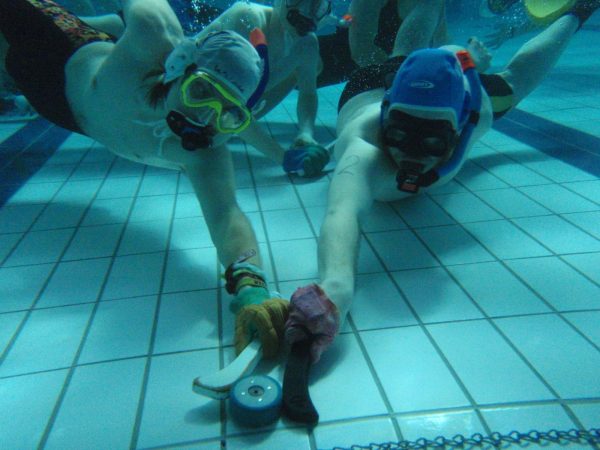
Conclusion: The Mental Challenge of Underwater Hockey
Underwater hockey is an extraordinary sport that pushes athletes to their physical and mental limits. The combination of breath control, rapid decision-making, and composure under pressure makes it a true test of mental toughness. But the lessons learned in this demanding sport extend far beyond the pool.
For athletes in any discipline, mastering your mental game is essential to success. Whether it’s learning to override the body’s natural panic response or staying present in moments of intense pressure, the skills developed in underwater hockey can inspire and elevate athletes across all sports. Embrace the challenge, train your mind, and let mental toughness propel you to new heights in your performance.

